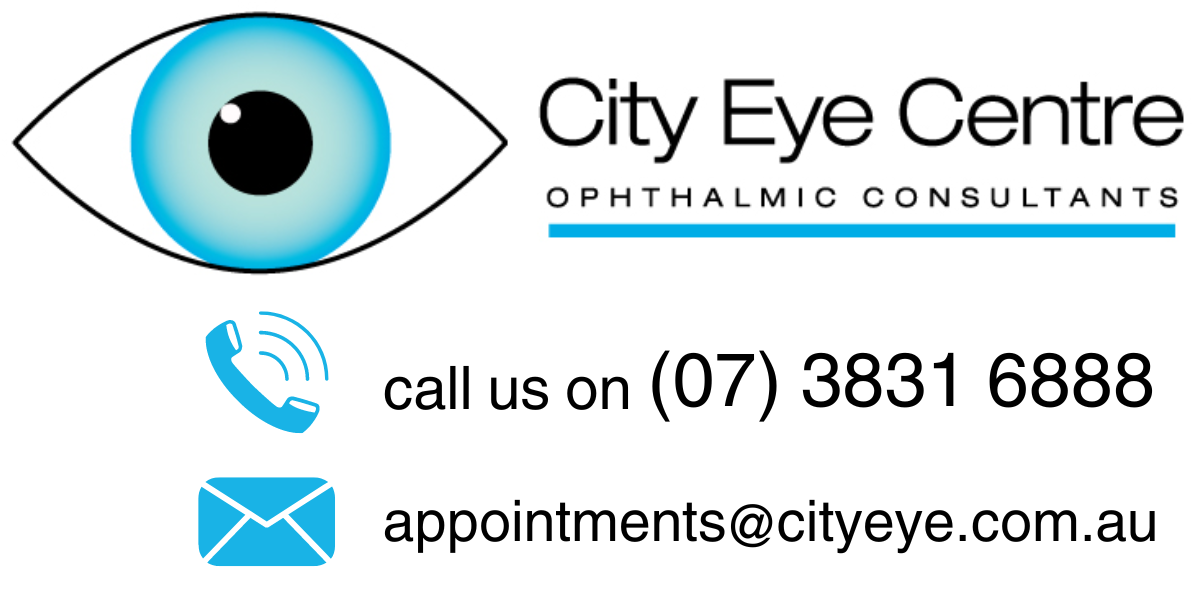
In the current climate, with growing uncertainty about COVID-19 and the vulnerability of the older population, it is understandable that people are wary about community transmission and have adapted accordingly to this new environment.
However, concerns about COVID aside, it’s still vital to remember that other health issues can still arise. It’s as important as ever to monitor your general and eye health and be on the lookout for any signs that may point to a potential problem.
Age-related macular degeneration is one of the leading causes of blindness in Australia. One in seven of people aged 50 and over may experience the signs of macular degeneration.
SYMPTOMS OF MACULAR DEGENERATION INCLUDE:
Blurred vision
Distorted vision
Wavy lines in vision
Grey patches in vision
Missing words or lines when reading
Macular degeneration affects your central vision; this means daily activities such as reading, knitting, seeing faces would be difficult. Your peripheral vision is usually not affected. There are different stages to macular degeneration: pigment changes and deposits at the macula in the early stage and there may be no loss of vision or symptoms. Intermediate and late stages of macular degeneration result in blurred and distorted vision and would require treatment.
Detecting macular degeneration as early as possible gives the patient the opportunity for a better response to treatment and success in maintaining vision.
City Eye Centre specializes in the treatments of macular degeneration utilizing intravitreal therapy with anti-vascular endothelial growth factor (anti-VEGF) agents. This treatment is very effective for the treatment of wet macular degeneration — slowing the disease and improving vision in 80% of patients. There is currently no specific treatment for dry macular degeneration.
We can also assist patients with dietary and lifestyle advice to improve their chances of slowing macular degeneration. This includes recommendations to select a diet high in anti-oxidants, nuts and green vegetables, and avoiding processed foods, margarine and cooking oils.
Smoking is also recognised as a key factor in the increased risk of macular degeneration.

If you are concerned about your vision and the possibility of macular degeneration, make an appointment with our retinal specialist, Dr Lawrence Lee.
We specialise in the treatment of macular degeneration and offer a welcoming, COVID-safe environment for our patients.
Please ensure that you don’t attend our practice if you are unwell, and adhere to social distancing requirements and hand hygiene practices while you are at your appointment.
Let us look after your eye health and treat the signs of macular degeneration. Call our comprehensive ophthalmology specialist practice to book your appointment on (07) 3831 6888.
